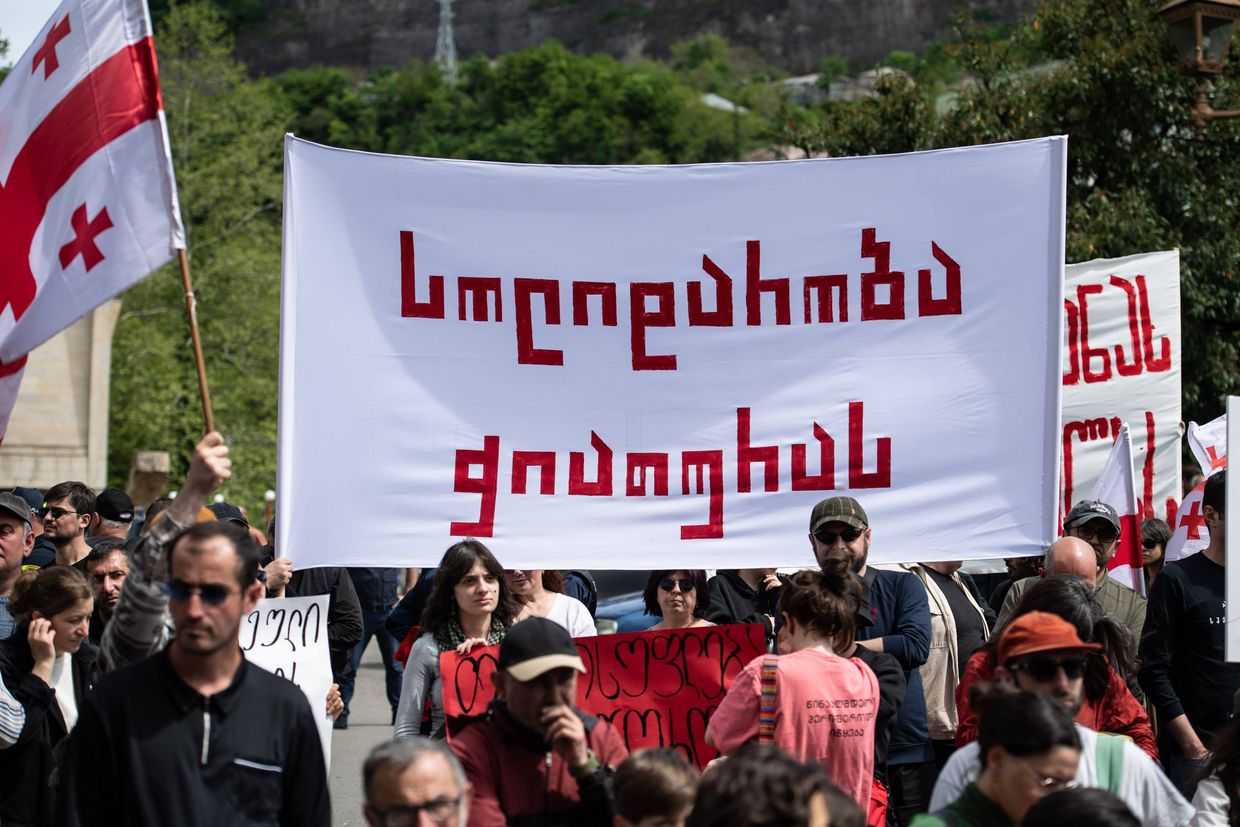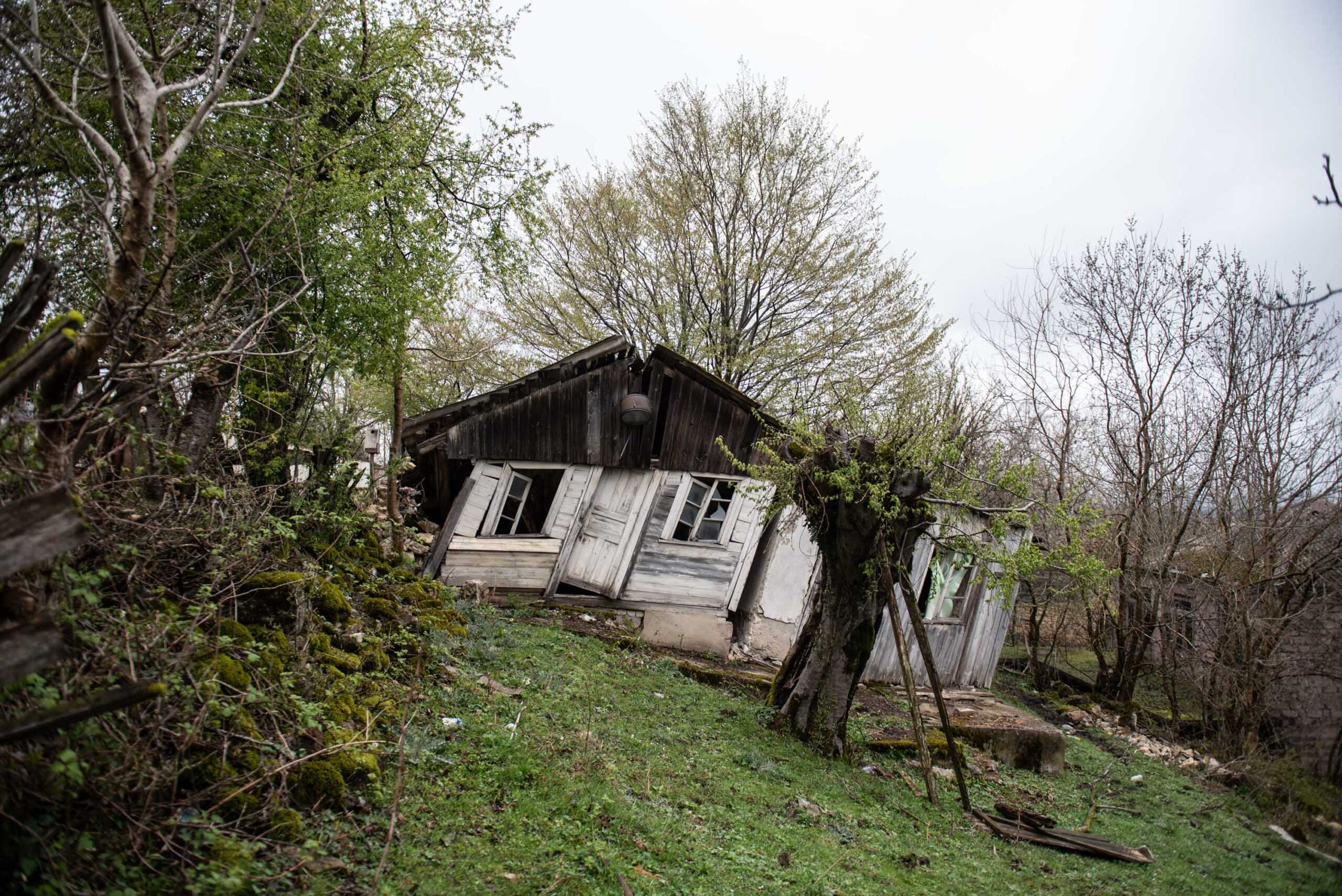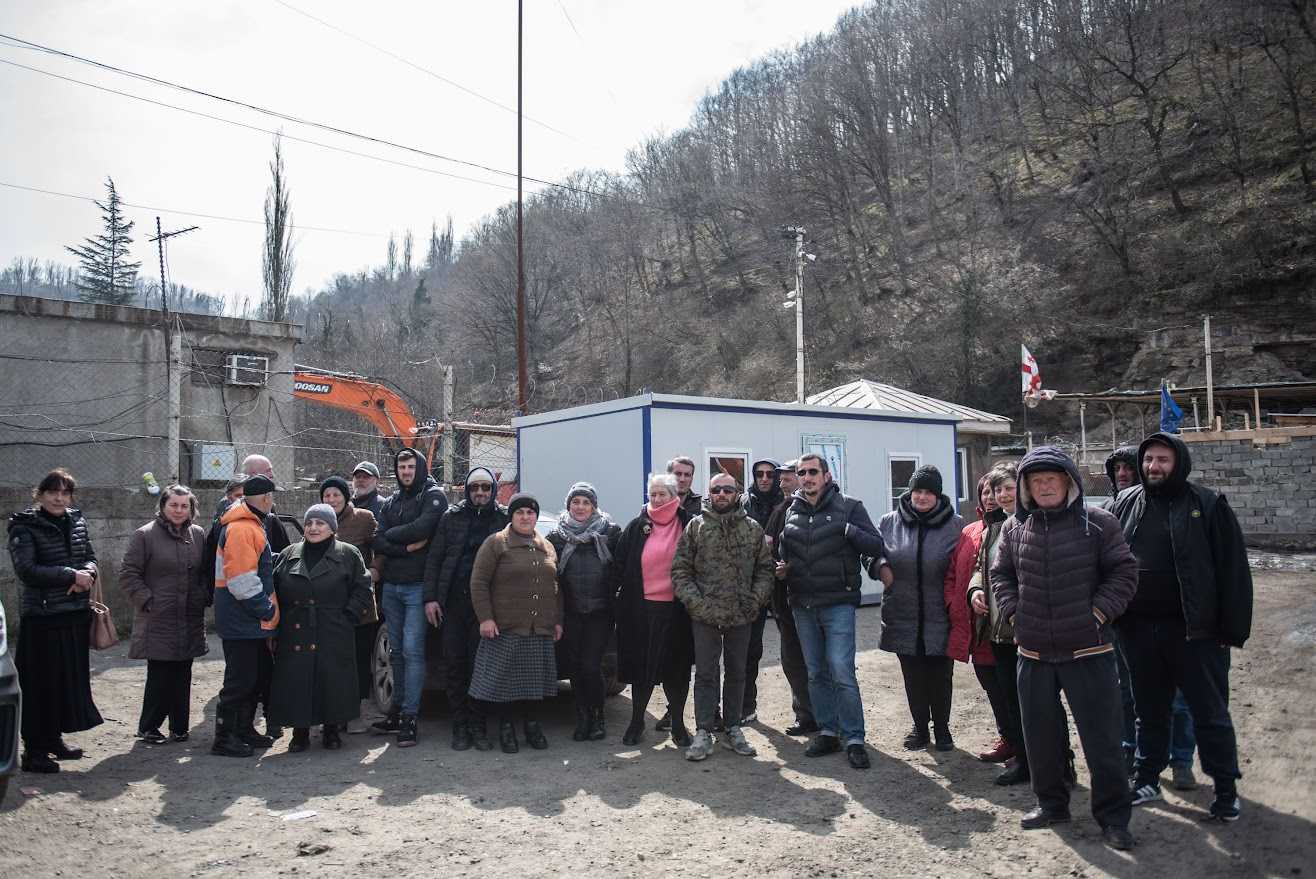
‘Police are laughing at us’ — Chiatura miners on hunger strike to secure their colleagues’ release
The detention of four miners dramatically changed the direction of the Chiatura protest.

The detention of four miners dramatically changed the direction of the Chiatura protest.

The miners stopped their hunger strike after being informed that doing so would help the release of their detained coworkers.

Unlike in many other countries, 1 May is not an official public holiday in Georgia.

The miners are calling on the government to step in to resume manganese mining in the central Georgian town of Chiatura.

In 2021, Vera Kupatadze was one of eight people who spent a month on hunger strike, her lips sewn shut, to demand compensation from Georgian Manganese for damage to her property. Today, Vera is one of dozens of Shukrutians who are demanding action and clarity from the company, which operates the mines in Chiatura, on the fate of their houses and the entire village. [Read more: Mine entrance blocked near Shukruti in renewed protest against Georgian Manganese] During the 2021 protests,

Residents of a village near the Georgian mining town of Chiatura have blocked access to a mine running under their village, to demand adequate compensation for the destruction of their village. Residents of Shukruti, in western Georgia, set up a tent outside the mine entrance on Wednesday, the latest in a series of protests against mining company Georgian Manganese. The land in and around Shukruti began to collapse in 2019, with Georgian Manganese initially denying any connection to the mine

A strike by manganese miners in the central Georgian town of Chiatura has come to an end after 18 days, with the mining company agreeing to key demands from the workers. On Saturday, mining firm Georgian Manganese agreed to reverse new ore quotas that miners had described as ‘inhuman’. They also agreed to honour their contractual obligation to increase salaries by 12%, in line with inflation. The miners went on strike after the company announced that workers would have to mine up to 40% more